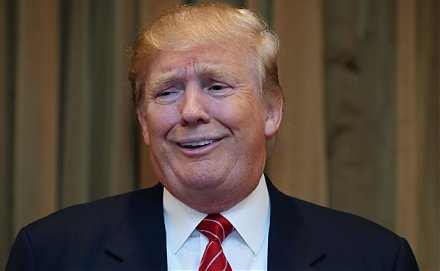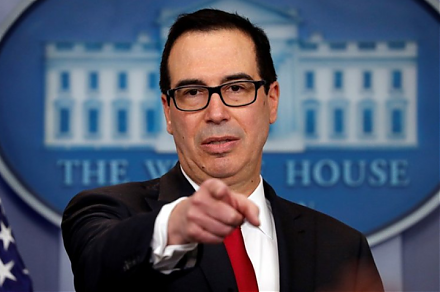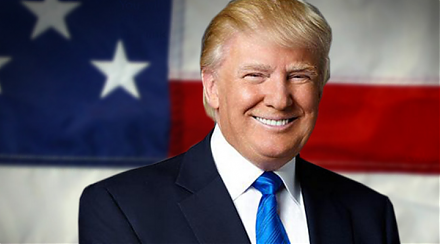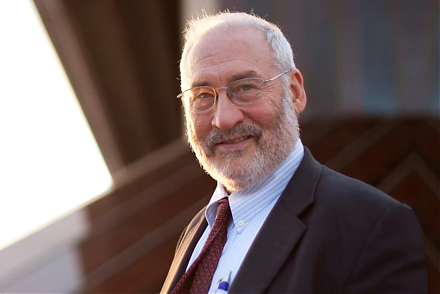

Home > Library > The happy story of small business finance
Author Andy Yeh Alpha
This research article empirically tests the financial contentment hypothesis for small business owners in both America and Britain.
Description:
We empirically examine the American and British survey datasets for about 16,000 privately held small businesses. The financial behavior of private firms demonstrates substantial financial contentment. We find fewer than 10% of the British firms seek rapid firm expansion while only 1.32% of American private firms view a lack of capital other than working capital as a major financial problem. Financial performance indicators such as sales growth, return-on-assets, and net profit margin are insignificant determinants of small business finance. This evidence contradicts the conventional financial lifecycle paradigm of Berger and Udell (1995, 1998, 2002). Younger and less educated private-firm owners more actively use external finance even though more education reduces the fear of bank loan denial, whereas, older and wiser small business owners with better education are less likely to tap into external finance.
Our financial contentment hypothesis for privately held firms also extends to small businesses that seek rapid firm expansion. These high-growth firms participate more in the bank loan markets than low-growth firms. In stark contrast to the financing-gap hypothesis of Berger and Udell (1995, 1997, 2002), our financial contentment hypothesis observes the importance of both social networks and connections for small business finance and in turn confirms the empirical nexus between private owner involvement and sustainable growth. In this light, small private firms serve as a robust investment vehicle for long-term sustainable development.
Overall, our empirical evidence sheds skeptical light on the theoretical plausibility of the agency lifecycle prediction that the vast majority of private firms suffer from severe financial constraints or financing gaps (Jensen and Meckling, 1976; Jensen, 1986; Stulz, 1990; Lang, Stulz, and Walking, 1991; Berger and Udell, 1995, 1998, 2002; Ang, Cole, and Lin, 2000; Bitler, Moskowitz, and Vissing-Jorgensen, 2005). The preponderance of our empirical results proposes a case for an alternative theory of corporate finance for privately held firms that differ from publicly traded corporations in many fundamental ways. This proposal calls for a paradigm shift in rethinking about the conventional wisdom that private firms cannot grow as fast as their public counterparts due to a lack of reasonable access to external capital.
2018-08-27 09:35:00 Monday ET

President Trump and his Republican senators and supporters praise the recent economic revival of most American counties. The Economist highlights a trifecta
2018-10-13 10:44:00 Saturday ET

Dow Jones tumbles 3% or 831 points while NASDAQ tanks 4%, and this negative investor sentiment rips through most European and Asian stock markets in early-O
2018-08-29 10:37:00 Wednesday ET

In an exclusive interview with Bloomberg, President Trump criticizes the World Trade Organization (WTO), proposes indexing capital gains taxes to inflation
2023-07-21 10:30:00 Friday ET

Joseph Stiglitz and Andrew Charlton suggest that free trade helps promote better economic development worldwide. Joseph Stiglitz and Andrew Charlton (200
2020-11-10 07:25:00 Tuesday ET

The McKinsey edge reflects the collective wisdom of key success principles in business management consultancy. Shu Hattori (2015) The McKins
2019-06-13 10:26:00 Thursday ET

The Chinese Xi administration may choose to leverage its state dominance of rare-earth elements to better balance the current Sino-U.S. trade war. In recent